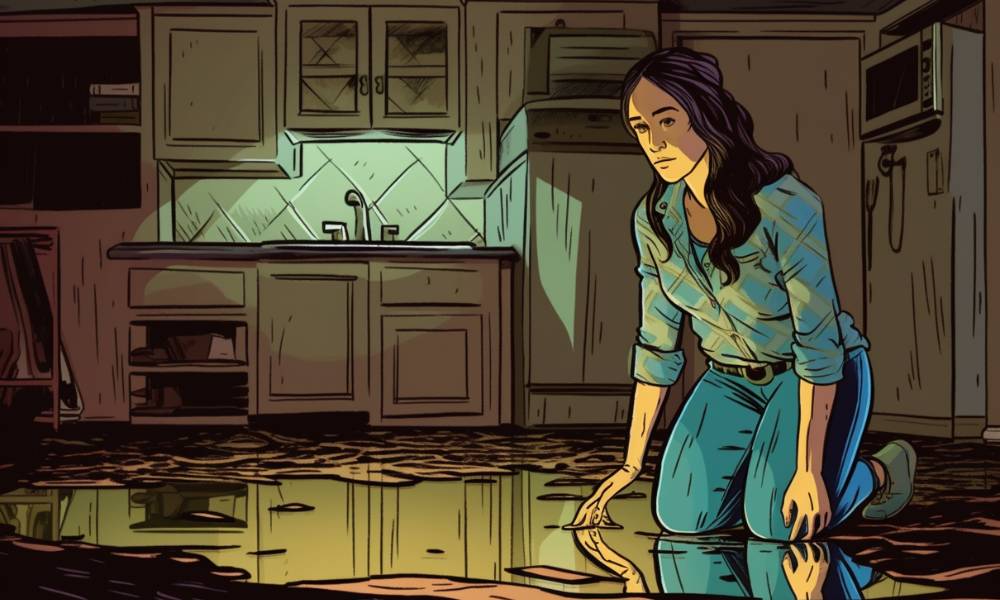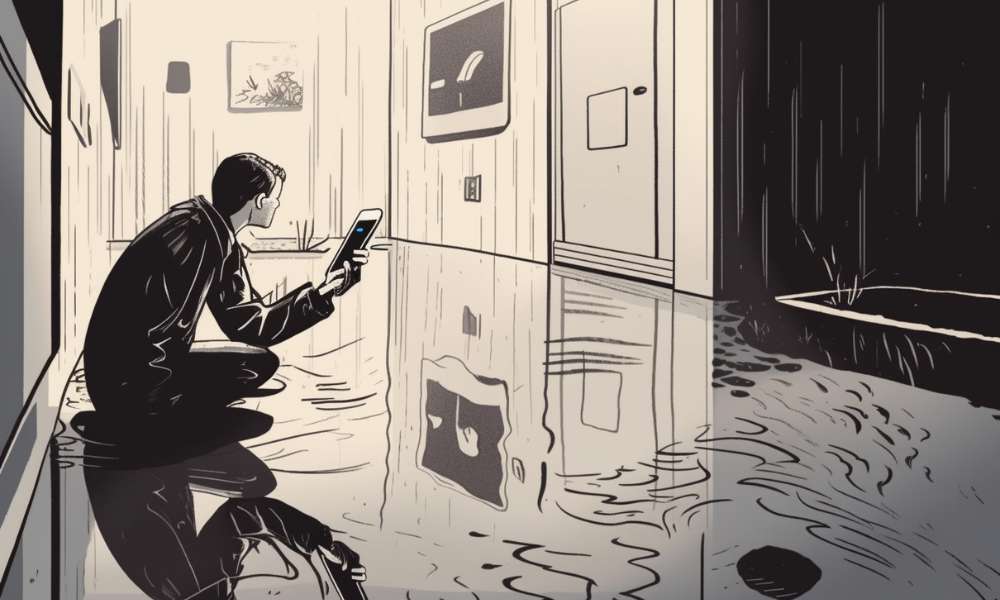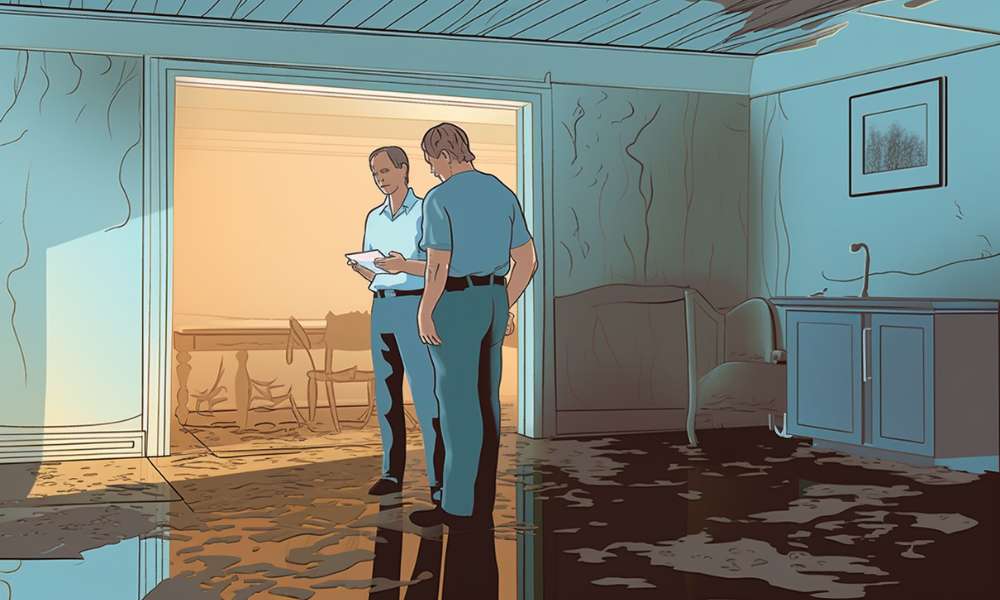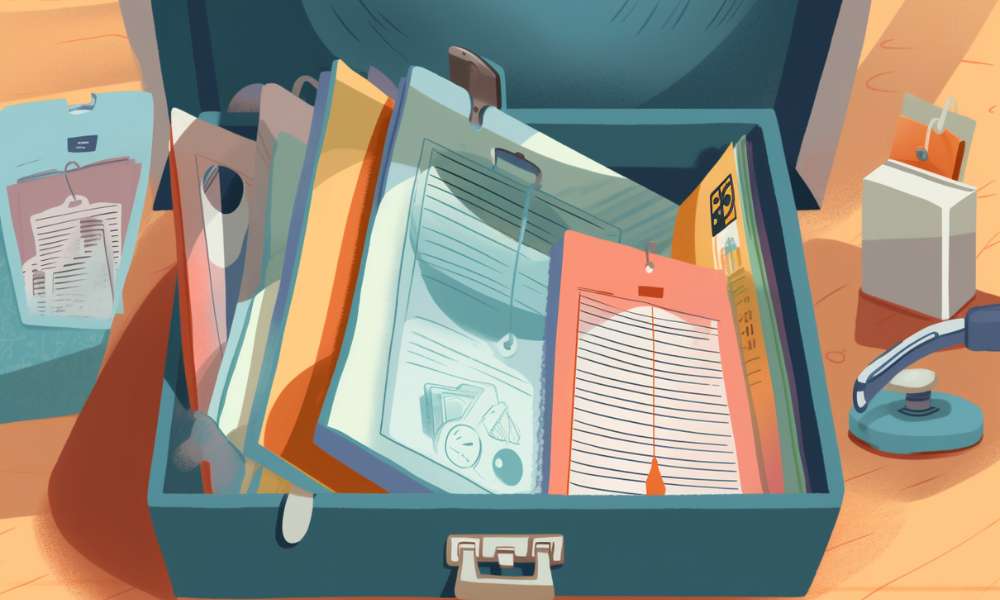
How to Make a Successful Water Leak Insurance Claim
TABLE OF CONTENTS
As a homeowner, experiencing a water leak can be both stressful and costly. In addition to the damage incurred, sorting out the complexities of insurance claims can overwhelming. This article provides a step-by-step guide to making a successful water leak insurance claim, focusing on the most effective strategies to ensure a favorable outcome.
KEY TAKEAWAYS
- 1
Prompt action and thorough documentation are crucial for a successful water leak insurance claim. Assess and document the damage, minimize further mayhem, and keep organized records during the process.
- 2
Understanding your homeowners insurance policy is essential, including coverage limits, deductibles, and exclusions. Familiarize yourself with water damage specific conditions and exclusions, and consult your insurance agent if needed.
- 3
Cooperation and communication with your insurer and claims adjuster are vital to expedite the claims process and up the chances of receiving fair compensation for losses.
1. Assess and document the damage
As soon as you discover a water leak, it's crucial to assess and document the damage. Take clear photographs of the affected areas, including any damaged personal belongings, and make detailed notes. Capture the source of the leak, the extent of the damage, and any visible signs of water intrusion. This documentation will serve as evidence when filing your claim.
2. Dampen further destruction
While waiting for your insurance company's response, take necessary measures to prevent further damage. Shut off the water supply to the affected area, and if needed, contact a professional plumber to identify and address the source of the leak. Remove any standing water and use fans or dehumidifiers to help dry the area. Store any damaged items in a safe place to prevent additional losses.
3. Review your insurance policy
To understand the extent of your coverage, review your homeowner's insurance policy. Familiarize yourself with policy limits, deductibles, and exclusions, as well as the water damage related specific conditions that must be met to qualify for coverage. If the language is unclear or you have any doubts, consult your insurance agent for clarification.
Homeowners insurance policies can vary in their coverage for water leaks, but there are some general principles that apply to most standard policies. Understanding the typical treatment of water leak claims can help homeowners better anticipate the extent of their coverage and sail through the claims process more effectively.
Water-related covered perils
Insurance policies typically cover water damage resulting from specific perils or events, such as a burst pipe, faulty plumbing, or damage from ice dams. If the water leak is a direct result of one of these covered perils, your claim is more likely to be approved.
Gradual damage vs. sudden and accidental leaks
Homeowners policies generally cover water damage that occurs suddenly and accidentally, such as from a broken pipe or a leaking appliance. Gradual water damage, which occurs over an extended period due to poor maintenance or lack of repairs, is usually not covered. Insurers expect homeowners to perform regular maintenance and address problems promptly to prevent long-term damage.
Water leak exclusions
Most policies have exclusions for specific types of water damage, such as floods or water that seeps in through the foundation. Additionally, damage resulting from neglect or failure to maintain the property may also be excluded. It's essential to review your policy exclusions to understand what may not be covered.
Mold remediation
Mold can be a significant concern when dealing with water leaks, as it can develop quickly and cause health issues. Some policies provide limited coverage for mold remediation, but the extent of coverage can vary greatly. It's crucial to understand your policy mold coverage and whether any limitations or exclusions apply.
4. Contact your insurance company
Notify your insurance company of the leak and your intention to file a claim as soon as possible. Many policies require prompt notification to avoid coverage denial. Provide them with the necessary information, including the date of the leak, the nature of the damage, and any steps you've taken to halt further damage. Your insurance company will then assign a claim number and a claims adjuster to handle your case.
5. Cooperate with the claims adjuster
The claims adjuster will investigate the claim and determine the extent of the coverage. They may visit your home to assess the damage, review your documentation, and ask questions to determine the cause of the leak. Be honest, thorough, and provide any requested information or documentation to expedite the process. If you disagree with the adjuster's assessment, you may seek a second opinion from a public adjuster or an independent contractor.
6. Keep thorough records
Maintain organized records throughout the claims process, including all correspondence with your insurance company, receipts for repair work, and any additional expenses incurred due to the water leak. This documentation can be useful in the event of a dispute or if you need to provide further evidence to support your claim.
Water leak insurance claim FAQ
Are floods covered by homeowners insurance policies?
Standard homeowners insurance policies typically do not cover flood damage. To protect your property from floods, you may need to purchase separate flood insurance through the National Flood Insurance Program or a private insurer.
Is mold remediation covered by homeowners insurance?
Some homeowners insurance policies provide limited coverage for mold remediation, while others may not cover it at all. Coverage for mold remediation can vary greatly, so it's essential to review your policy and consult with your insurance agent to understand the extent of your mold coverage. Some policies also have endorsements that extend coverage to mold in certain cases.
How long do I have to file a water damage insurance claim?
Timelines for filing water damage claims can vary depending on your insurance provider and policy. It's crucial to notify your insurance company as soon as possible after discovering the water damage to avoid potential coverage denial.
What should I do if my insurance claim is denied or I disagree with the adjuster's assessment?
If your claim is denied or you disagree with the adjuster's assessment, you can request a review of the decision or seek a second opinion from a public adjuster or an independent contractor. Additionally, consider discussing your concerns with your insurance agent or a legal professional to better understand your options.
What can I do to prevent water damage in my home?
Regular maintenance and timely repairs can help prevent water damage. Some preventive measures include inspecting and repairing plumbing systems, maintaining gutters and downspouts, sealing cracks in the foundation, and installing a sump pump in flood-prone areas.
What is the difference between a public adjuster and an insurance company adjuster?
An insurance company adjuster is an employee or contractor of your insurance provider, responsible for assessing the damage and determining the extent of coverage. A public adjuster is an independent professional hired by the policyholder to represent their interests during the claims process, offering a second opinion on the extent of the damage and the claim's value.
Wrapping up
Making a successful water leak insurance claim requires prompt action, thorough documentation, and a solid understanding of your insurance policy. By following these six essential steps, homeowners can navigate the claims process with confidence and optimize their chances of receiving fair compensation for their losses.
TABLE OF CONTENTS


Trying to find the best insurance?
We'll help you find the policy that offers the best value for your situation.
Further Reading

Navigating the Digital Insurance Landscape Considerations
A look at the immense value and high customer lifetime potential within the insurance sector.
Read article

When is Term Life Insurance Worth it?
Decide if term life's advantages are worth it: compare whole vs term life insurance, assess top term providers, and delve into in-depth reviews.
Read article

Insurance Binder: Bridging Between Coverage and Confirmation
From car loans to rental properties, insurance binders are required in a variety of situations. Discover the ins and outs of these essential documents.
Read article

Haven Life Review: Providing Prudent and Protective Policies
Uncover the benefits and drawbacks of Haven Life's term insurance policies, along with eligibility details, pricing, and customer feedback..
Read article
Start Comparing Quotes
Search from our learning center to learn everything from how to easily switch your car insurance to the ins and outs of home insurance.
Fill out just one form and get multiple quotes!








